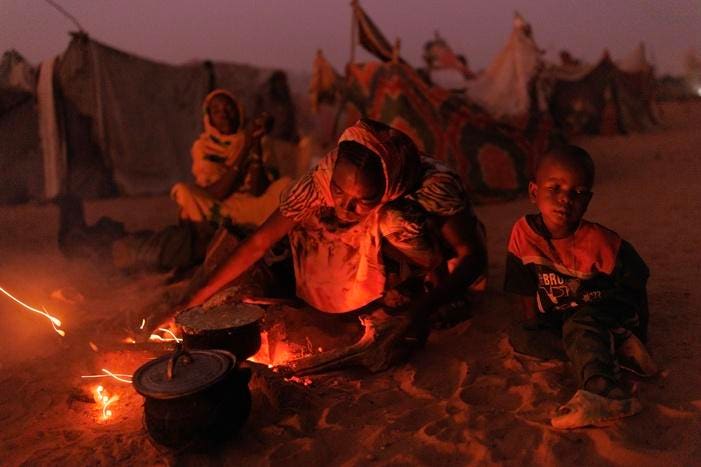One year after the devastating war in Sudan began, the situation in Darfur continues to receive little attention despite experiencing its second genocide in two decades. The first genocide in Darfur dates back to 2003 when the Government of Sudan and Janjaweed militia targeted non-Arab communities, committing murder, rape, and displacement under the false pretext of targeting rebels. Despite evidence, the international community failed to protect the populations at risk, leading to a referral to the International Criminal Court in 2005.
In 2013, the Janjaweed transitioned to the Rapid Support Forces (RSF) under former President Omar Al-Bashir, with the current RSF commander being a former Janjaweed leader. The situation in Darfur deteriorated significantly after civil war erupted in Sudan in April 2023, with U.N. experts reporting brutal sexual violence and “slave-like conditions” imposed on women and girls by the RSF in Darfur. Warning signs of genocide and other atrocity crimes have been raised by civil society organizations in subsequent months.
Efforts to bring attention to the atrocities in Darfur continue, with Human Rights Watch publishing a report in May 2024 detailing massacres of civilians fleeing an ethnic rampage in 2023. The report, based on interviews and analysis of evidence, revealed the killing and injuring of children as they sought shelter or fled attacks. Witnesses described horrific acts of violence, including RSF forces killing young children, infants, and their parents before disposing of their bodies.
In April 2024, the Raoul Wallenberg Centre for Human Rights released an independent inquiry into breaches of the Genocide Convention in Darfur, concluding that the RSF and allied militias have committed genocide against the Masalit. The report also implicated several countries in fueling the genocide by providing support to the RSF. Despite these findings, the international community continues to ignore the situation in Darfur, leaving victims and survivors without adequate responses.
The deteriorating situation in Darfur highlights the urgency for the international community to act and hold perpetrators accountable for their crimes. The failure to address the ongoing genocide in Darfur raises concerns about the selective response to atrocities around the world and the need for consistent, proactive measures to prevent such crimes. Victims and survivors in Darfur deserve better responses and justice in line with international obligations under the Genocide Convention. It is imperative for the international community to prioritize ending complicity and halting the genocide in Darfur.


